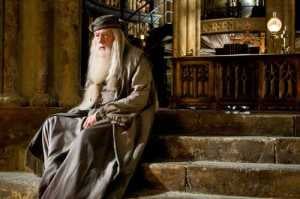In Harry Potter and the Goblet of Fire Fleur Delacouer, a student from a French school of magic visiting Hogwarts, says that her school would never tolerate the silliness that is commonplace at Hogwarts: “eef a poltergeist ever entaired into Beauxbatons, ‘e would be expelled like that!”
Login to read more
Sign in or create a free account to access Subscriber-only content.
